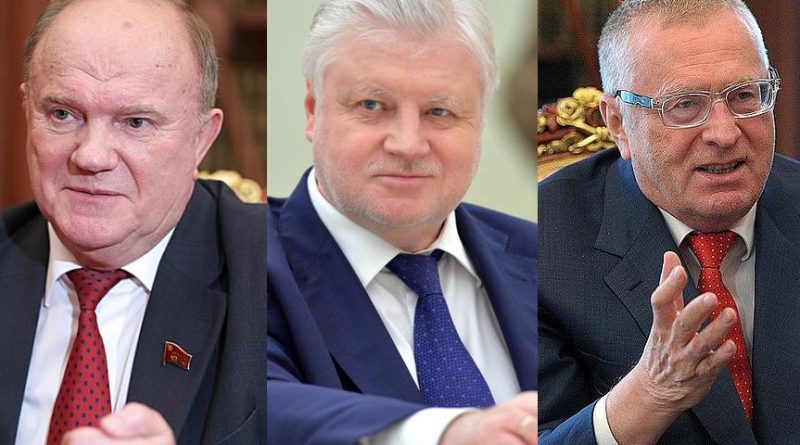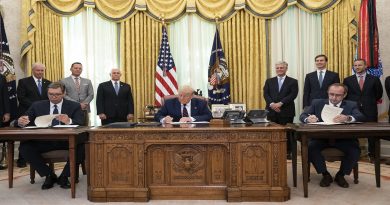Tensions Rise as Russian Election Draws Near
By Stephanie Miller
Staff Writer
On February 1, Russia’s Federal Security Services (FSB) eliminated a terrorist suspected of plotting a high-profile attack during the 2018 Russian presidential election. The suspect, who is allegedly a former member of the Islamic State, was shot dead after engaging in open fire with law enforcement. Officials recovered an improvised explosive device alongside a collection of firearms and ammunition, according to the Russian news channel RT.
This is not the first threat of violence surrounding the upcoming election in Russia. Last December, the FSB claimed to have “foiled bomb plots targeting the presidential election, [planned] by members of an Islamic State-affiliated group.” Officials went on to say that three citizens of central Asian countries were arrested and two AK-47 assault rifles, two improvised bombs, and other explosive materials were seized during the operation, reports RT.
Extremist violence is not the only source of tension in regards to the Russian election. Restrictions against expression of Tatar language and culture in the Volga Federal District increased in recent months, with the federal government threatening the prosecution of ethnic administrators who teach the Turkic language as a mandatory class, reports the Financial Times.
“Tatarstan is set to be the last domino to fall to the centralizing drive of the Russian president. The Kremlin is furthering this central control ahead of Mr. Putin’s expected election to a fourth term in March,” reports the financial times.
In light of President Putin’s aggressive movements towards the centralization of the Russian state, the upcoming election lacks any real competition. Election officials barred Russian opposition leader Alexey Navalny from challenging the incumbent president in late December, citing fraud and corruption charges that Navalny repeated denied.
Bloomberg Press reports that “While Navalny likely wouldn’t come close to winning, his mere presence as a candidate poses other risks to the 65-year-old Putin, who is vying for a final six-year term as president and is about to become the longest-serving Russian leader since Josef Stalin.”
If allowed to run in the upcoming election, Navalny would be guaranteed airtime on state television and thus the ability to take his allegations of government corruption straight to the Russian populace, who rely solely on state media networks for election coverage.
While Putin is essentially running against himself and his success is preordained, Mikhail Vinogradov, the head of the St. Petersburg Politics Foundation, states that “Navalny, in theory, could get second place in the election, which for the Kremlin would be uncomfortable.”
The New York Times also points out that voter turnout may prove to be a barometer of overall support. No one can deny that Putin’s numbers are dragging, and his public opinion has been waning for years. Since this next election will mark the meeting of the incumbent’s term limit, heads are already turning to the future of the presidential succession. Valery Solovei, a professor of the Moscow State Institute for International Relations, says “There is a growing sense that this election [is] about the end. There can be no second Putin. When the man goes, the system goes.”


